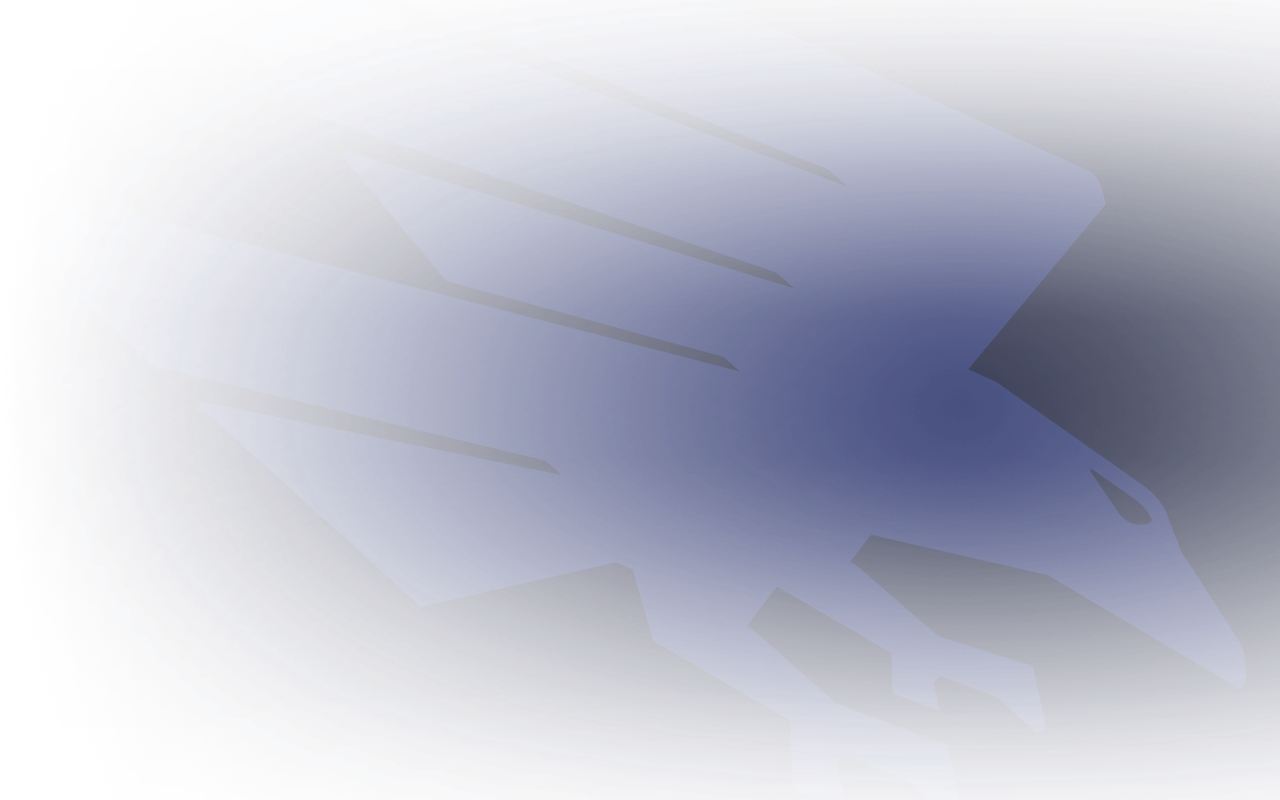LEGENDARY Adelaide midfielder Andrew McLeod built his life around football and now the dual Norm Smith medallist is using it to help build the lives of others and strengthen communities.
With help from the Adelaide Football Club and feeding off its existing presence in South Australia's Anangu Pitjantjatjara Yankunytjatjara Lands, he has set up a series of programs that aim to help the area's indigenous children finish school and become active members of their communities.
As part of AFL Indigenous Round, McLeod explained his ambitious plan to AFL.com.au.
Football is the system's hook; it gets kids involved at a young age and exposes them to the programs' messages of healthy living and education.
But the bulk of the overall program, which started late last year, is much bigger than sport and McLeod insisted an "holistic approach" was needed.
"We're not picking the best footballers for this, we're picking the kids who are doing the right thing at school and going to school and the ones that are looking at ways they can improve themselves," McLeod said.
"Footy's a vehicle for us, it's a way in…you can't really escape footy living in South Australia but the programs are more than that - it's important to have an holistic approach.
"What we want at the end of it is for these kids to come out of school achieving a high level of SACE (South Australian Certificate of Education) and going back to their communities with a skillset to help."
Step one in McLeod's program is the"McLeod Challenge", a nine a side football carnival for children in years eight and nine – the lure.
That runs into the "Leadership and Governance Program", supported by Beach Energy Australia, aimed at year 10 students and helps them get a head start on their SACE.
Finally, the "Future Leaders" program not only helps year 11 and 12 students with school work but also provides work experience through its partners.
According to national statistics obtained at the 2011 Census, a quarter of indigenous 18-24 year-olds said year 10 was the highest level of schooling they had completed. Just 38 per cent said they had finished year 12.
That's compared to only 12 per cent of non-indigenous children for whom year 10 was their highest level of education and 74 per cent who completed year 12.
Fewer children still complete their senior schooling in the APY Lands.
McLeod said he knew of only two who had done so at home on the 'Lands'.
The Crows champion wants to change that.
"Aboriginal people don't want to rely on government funding, they want to take ownership of their community and drive it," he said.
"The Adelaide Football Club has developed a relationship in the APY lands for a long period of time now it's important that we dig a bit deeper and start to help the society.
"You go up and spend a lot of time up on the Lands and you see contractors, you don't see a lot of local people working.
"There is a need for them to have their own skilled people, for them to be able to do their own thing."
His programs aren't a free ride either, the two-time premiership player was firm on that – children aren't being given anything, merely the opportunity to take it themselves.
Either they go to school and work hard while they're there, or they're expelled from the program.
This poses a significant difficulty and McLeod will head back up to the APY Lands next week to speak to several children who have been skipping school and are in danger of being ejected.
"We have to go talk to the kids to let them know that if they don't go to school they can't be involved in the program," he said.
"They all want to come down to Adelaide and be involved, but they've got to go to school and actually work.
"Being able to change that behaviour is something that we're working on."
He's already had some early success; one participant from his first camp went home to the Lands and did 10 units towards his SACE.
McLeod was full of praise for several of the girls too.
"That's been rewarding," he said, "But we've just go to keep working – it's not something that we'll be able to wave a magic wand and it's going to be all beer and skittles."
As hard as it may be to change the behavioural patterns of the children involved in his programs, McLeod believes there will come a time when their success will sell itself.
Younger kids will watch their older peers pass through the programs and become important members of their communities – driving their own ambition to do the same.
"That's when we’ll see some real success in the program and it's important to have them come back and be mentors to the others," he said.
"When we get those kids coming through we'll certainly engage them and they'll be a huge part of the program, but that's probably a couple of years off."
Harry Thring is a reporter for AFL Media. Follow him on Twitter: @AFL_Harry.
Legend McLeod's latest challenge
LEGENDARY Adelaide midfielder Andrew McLeod is helping build the lives of others and strengthen communities.


